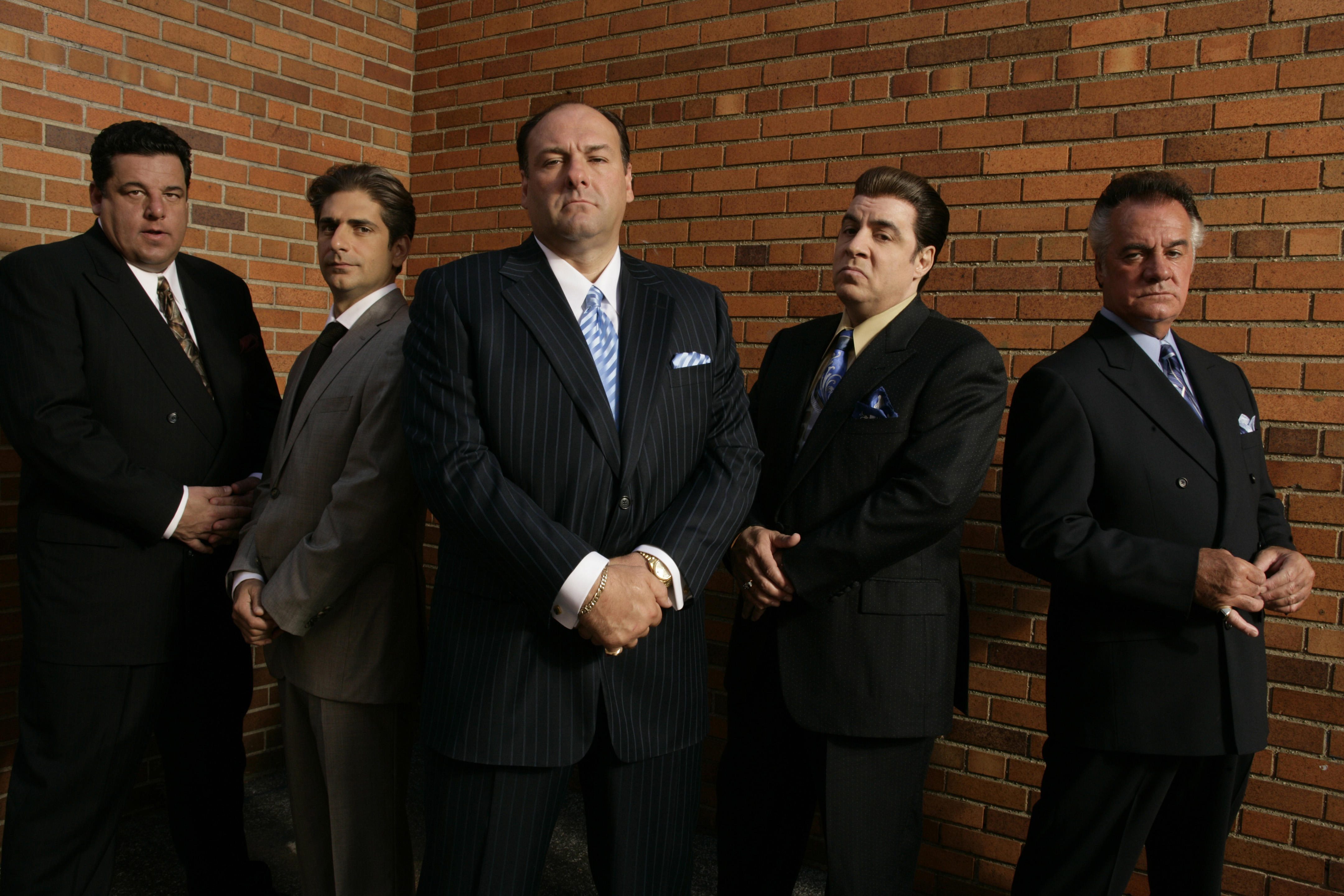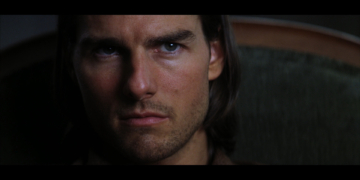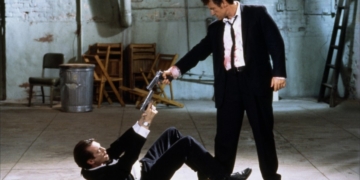WARNING: Contains Spoilers
There are as many theories surrounding the infamous ‘cut to black’ scene in the final episode of The Sopranos as I have had hot dinners, and, as a result, the scene’s poignant use of Journey’s ‘Don’t Stop Believin’’ as its musical finale is often overlooked.
Throughout its course, The Sopranos has became known for taking an established song and ironically re-defining its lyrical content to appropriate the content of the episode in which it featured. Just one example of this device among many can be found in the 12th episode of show’s second season, as Eurythmics ‘I Saved The World Today’ accompanies Carmella Soprano’s decision to travel to Rome in an attempt to display independence to her husband.
The inevitable culmination of the series’ increasingly applauded use of music was its choice of music in its final scene, and it seems that Sopranos creator David Chase wished to deal with this particular expectation in the same manner as he approached every element of his finest creation: awkwardly.
Attention is bought to the issue of music from the scene’s offset, with Tony Soprano browsing a variety of potential ‘epic final songs’ on the jukebox such as “Who Will You Run To’ by Heart, and ‘I’ve Gotta Be Me’ by Tony Bennet, even teasingly stopping to dwell on Journey before finally picking them.
‘Don’t Stop Believin’s’ bittersweet piano, heartfelt chorus, and inspiring lyrical sentiment make it the perfect accompaniment to the sort of emotional farewells and soppy speeches a bog-standard finale usually consists of. However, the way in which it accompanies Tony, Carmella, and AJ Sopranos’ mundane chatter about onion rings and birth control works on a more nuanced level, subtly emphasising the humane side that kept us coming back to these often monstrous characters for six seasons straight.
This subversion of cliche is furthered as Chase highlights an expectation of tension by repeatedly focusing on Meadow Soprano’s failure to park her car, engaging his audience’s interest in a minor irrelevancy which represents the complete antithesis of the ultra-violence they have been gorging on for six previous seasons.
The best middle finger up to convention comes when AJ eagerly reminds his father that he was once told by him to “focus on the good times” as Journey’s chorus pounds in the background. Any eye-moistening sentiment this moment could have potentially carried is destroyed by Tony’s blasé inability to recall saying it, and is instead replaced by a much more appropriate and dignified moment of clarity as he concludes with “well its true I guess”.
The song represents a sort of reminder to the audience that what they are watching is in fact the show’s finale, and its make it return to the foreground right at the end.
At the song’s emotional climax, Meadow runs into the diner, Tony looks up, and the scene ends. Despite these abrupt final shots maintaining the scene’s deliberately underwhelming tone, the song contradicts this fantastically, and manages to attach the audience to something un-attachable purely using emotional power.
‘Don’t Stop Believin’’ may have been a bit unavoidable in recent years because of things like Glee, but this scene shows how brilliant a song it really is, and how redefining a show The Sopranos really was.








